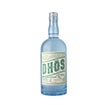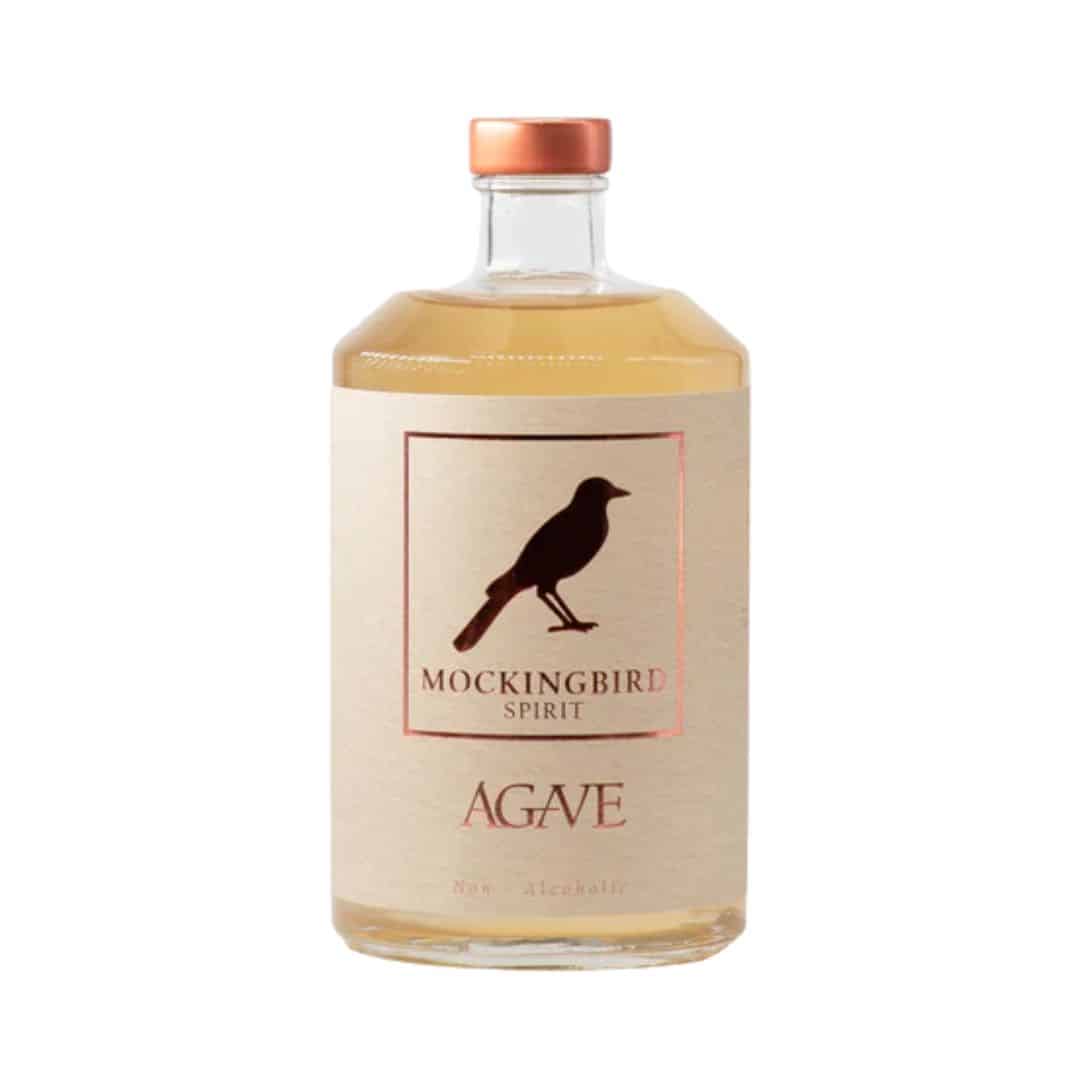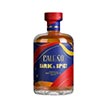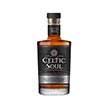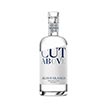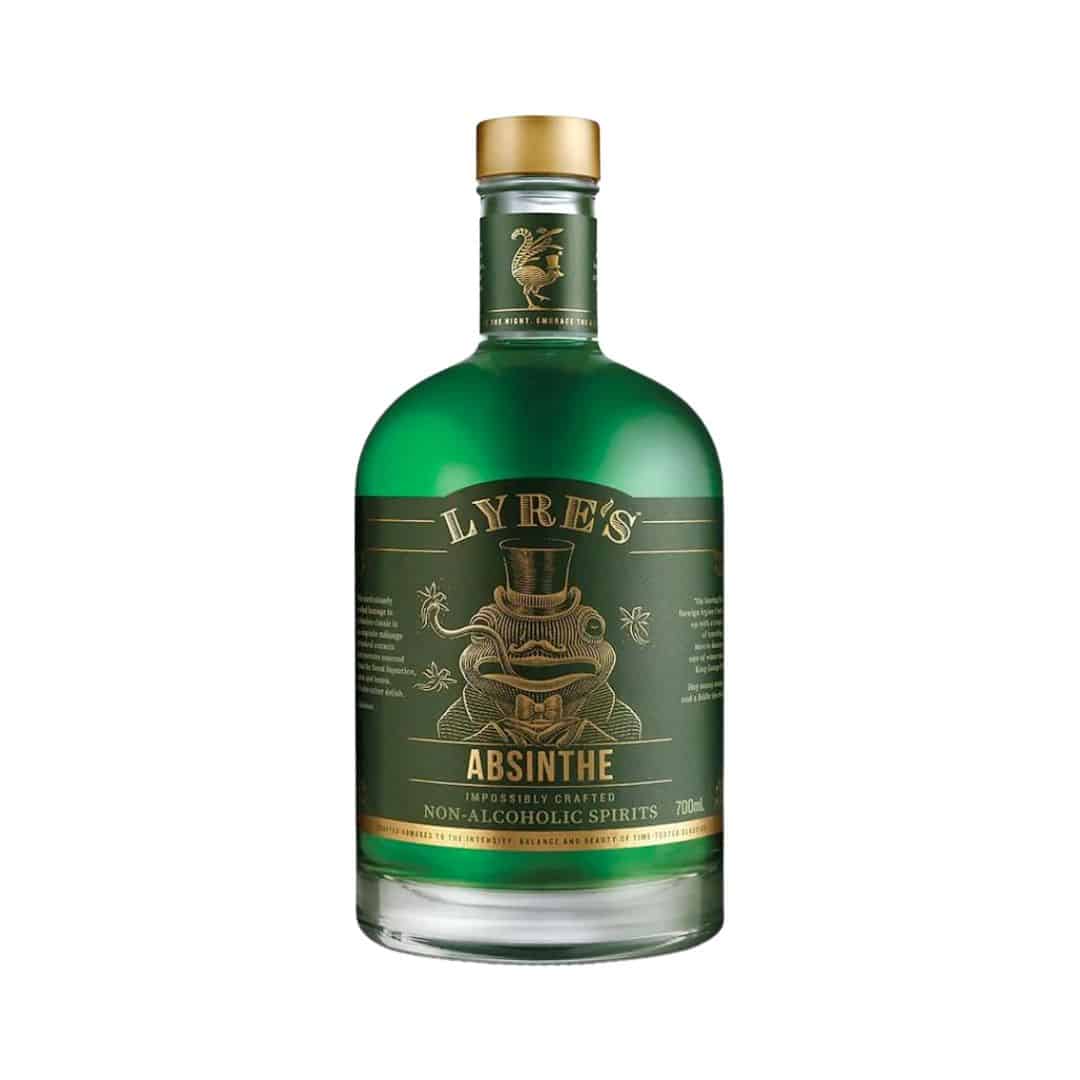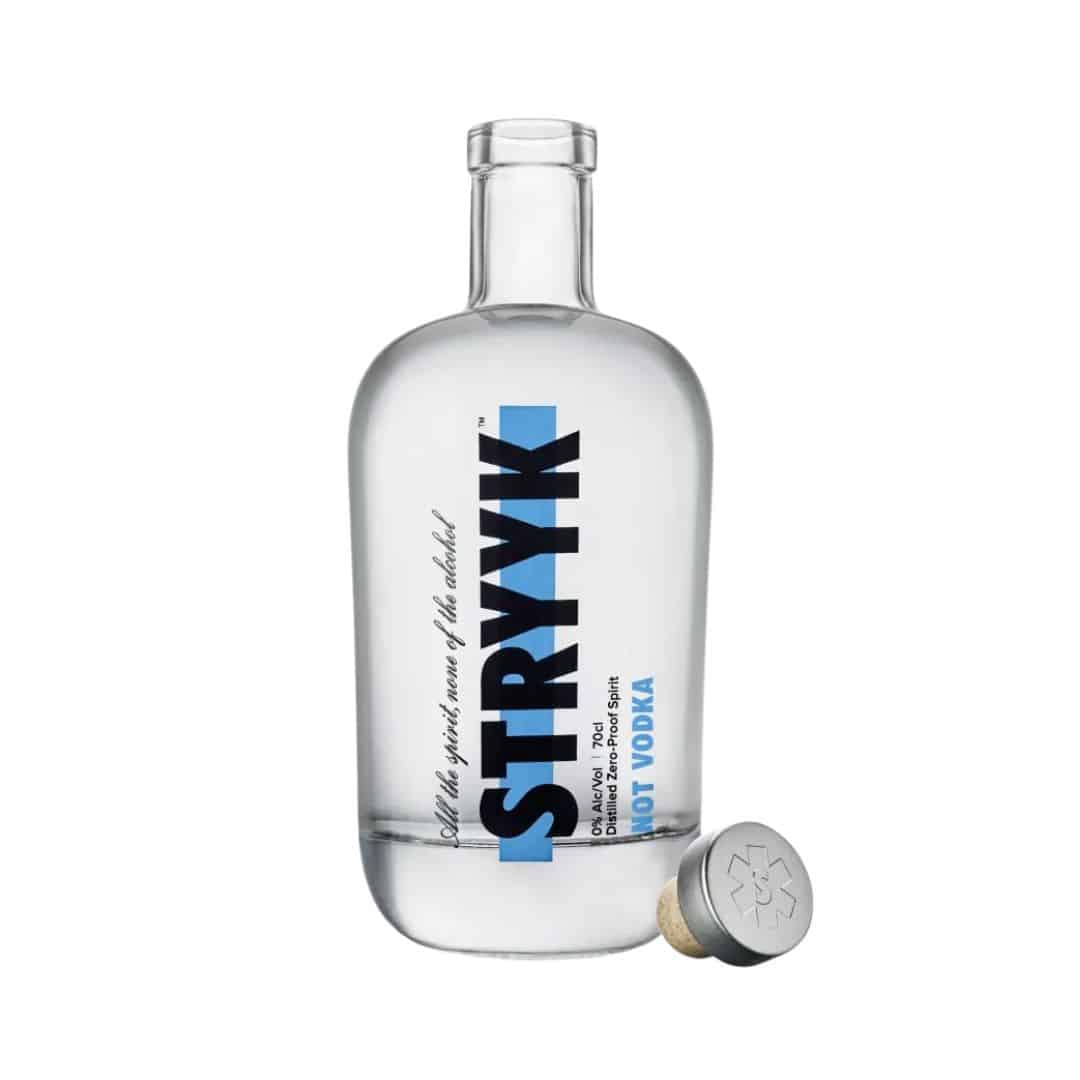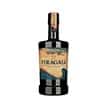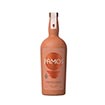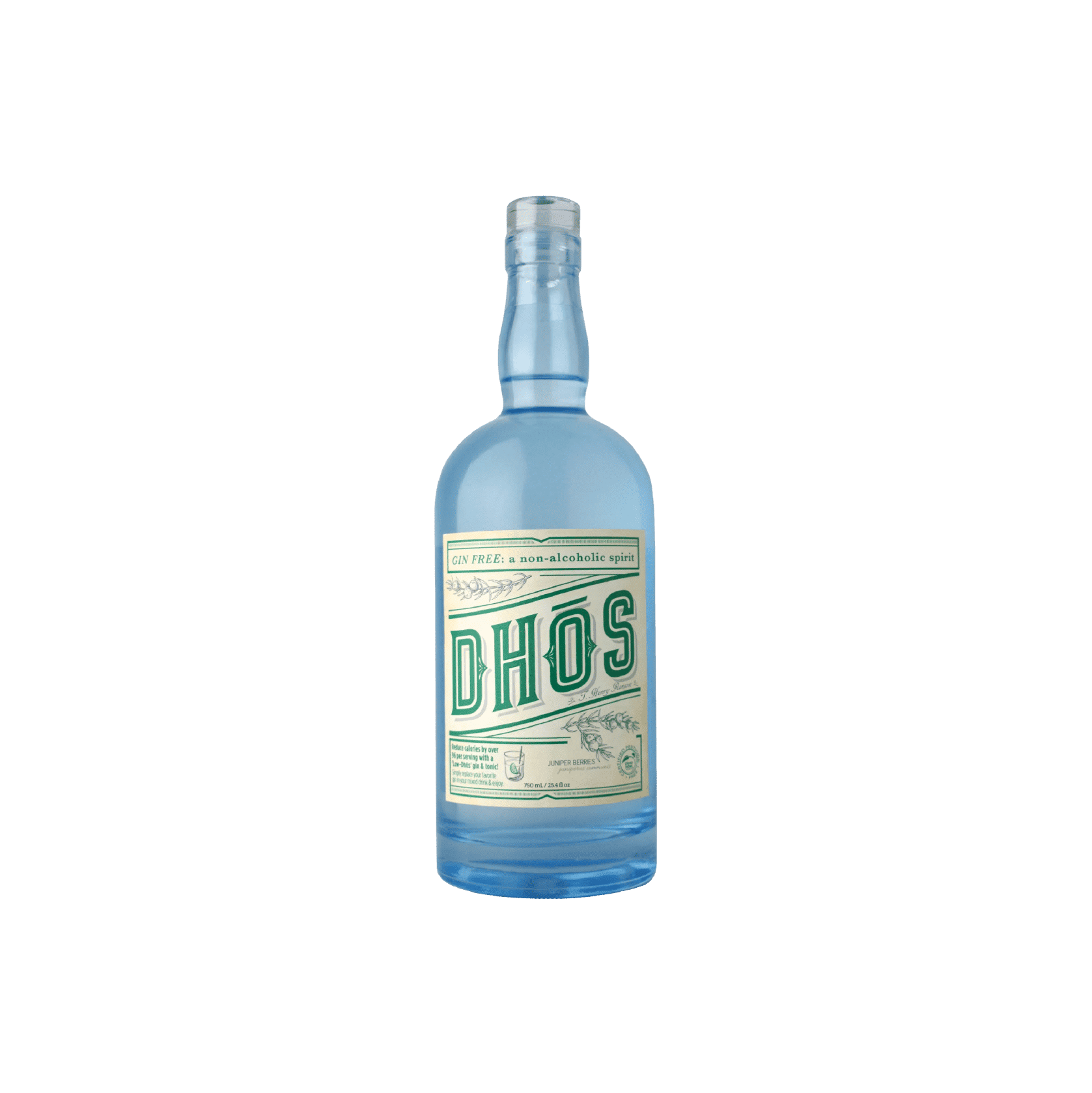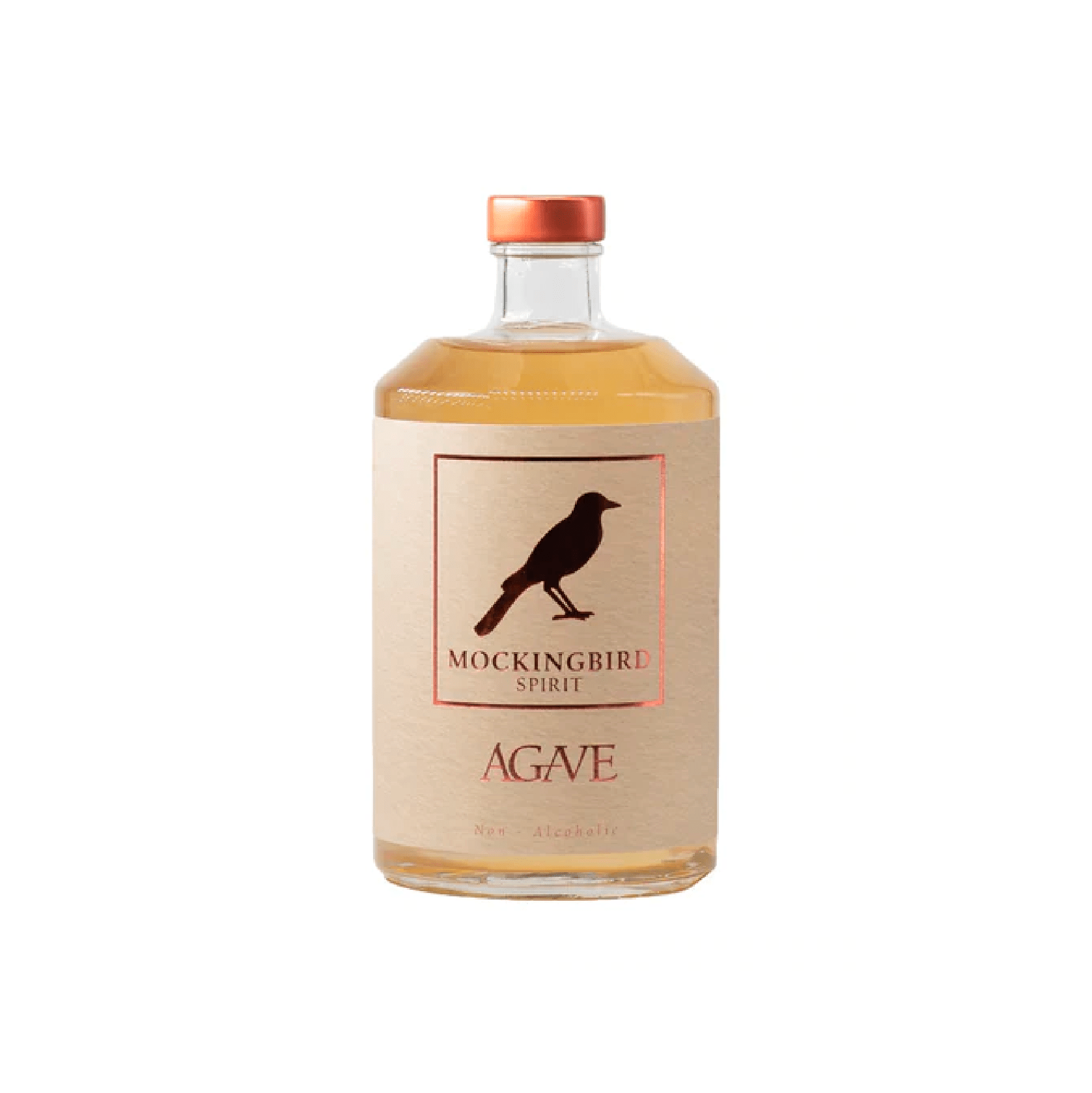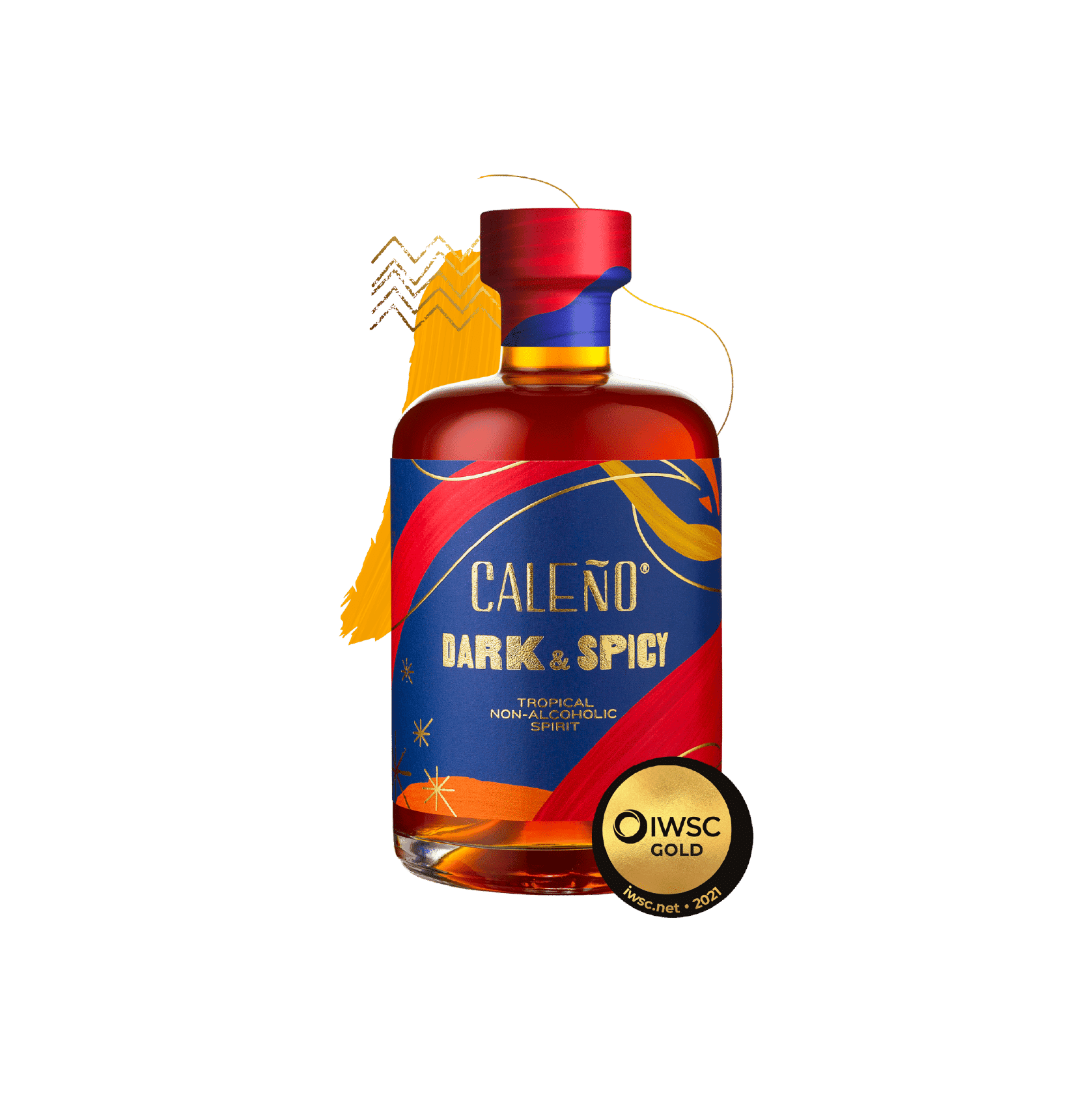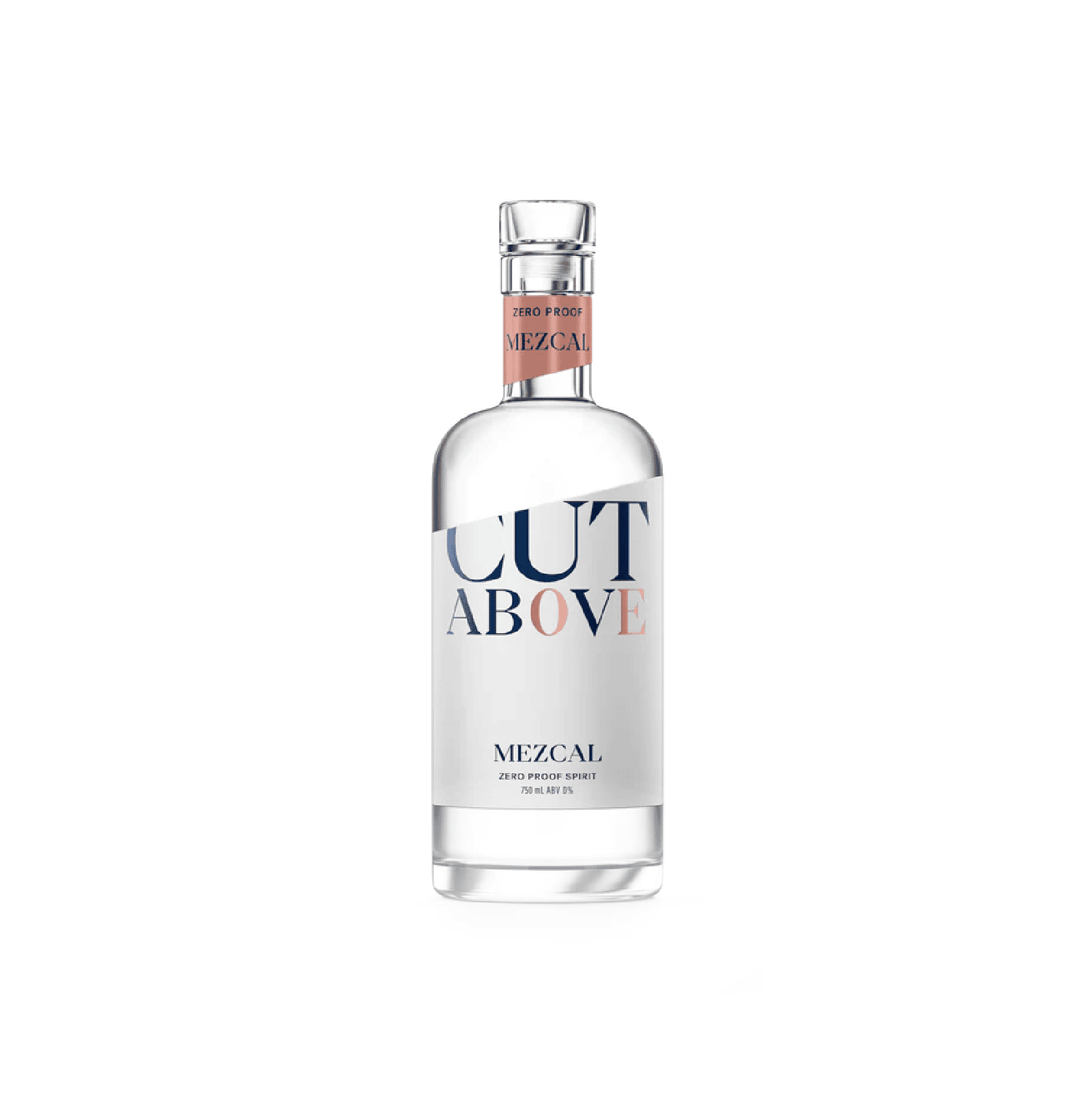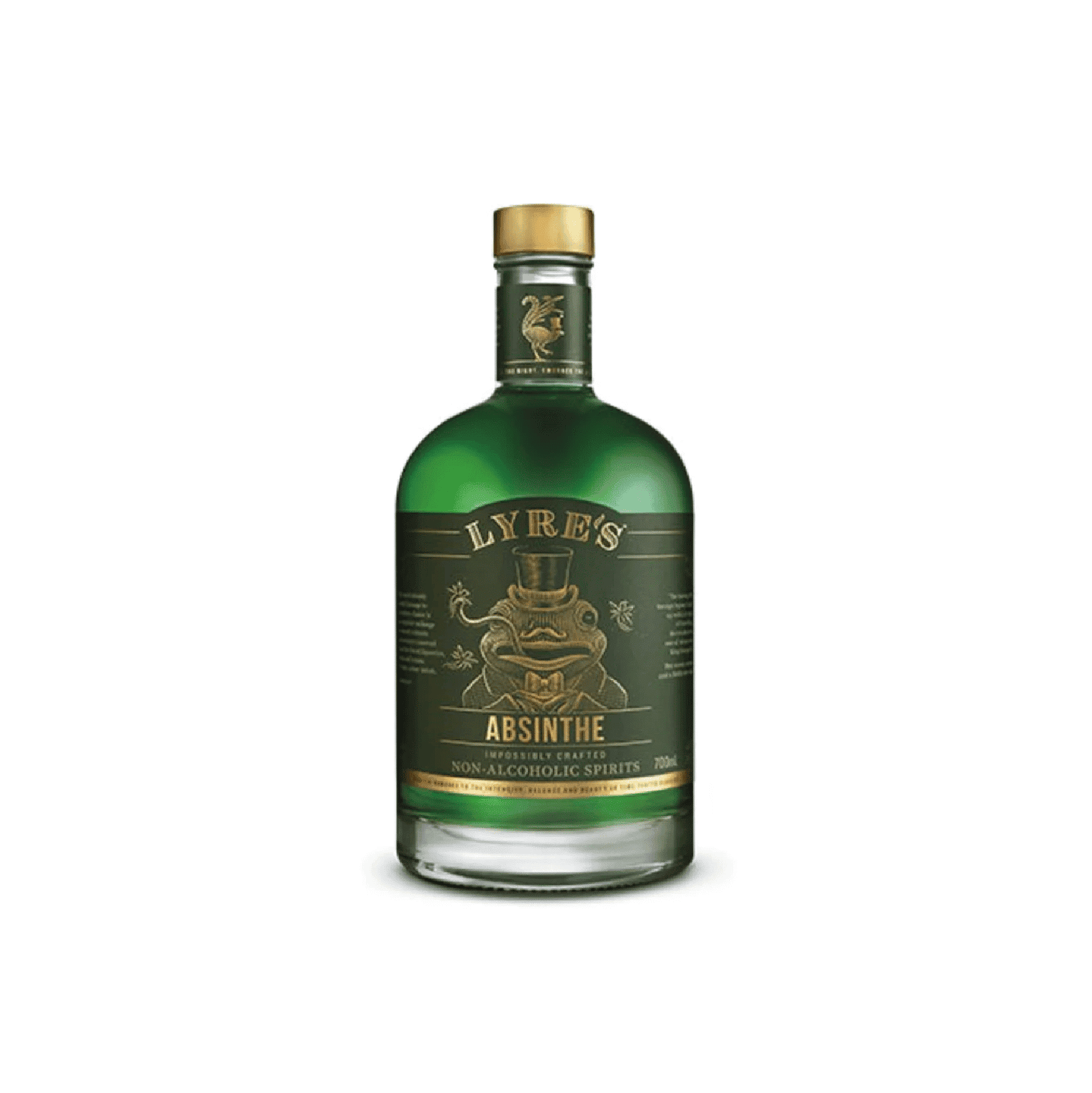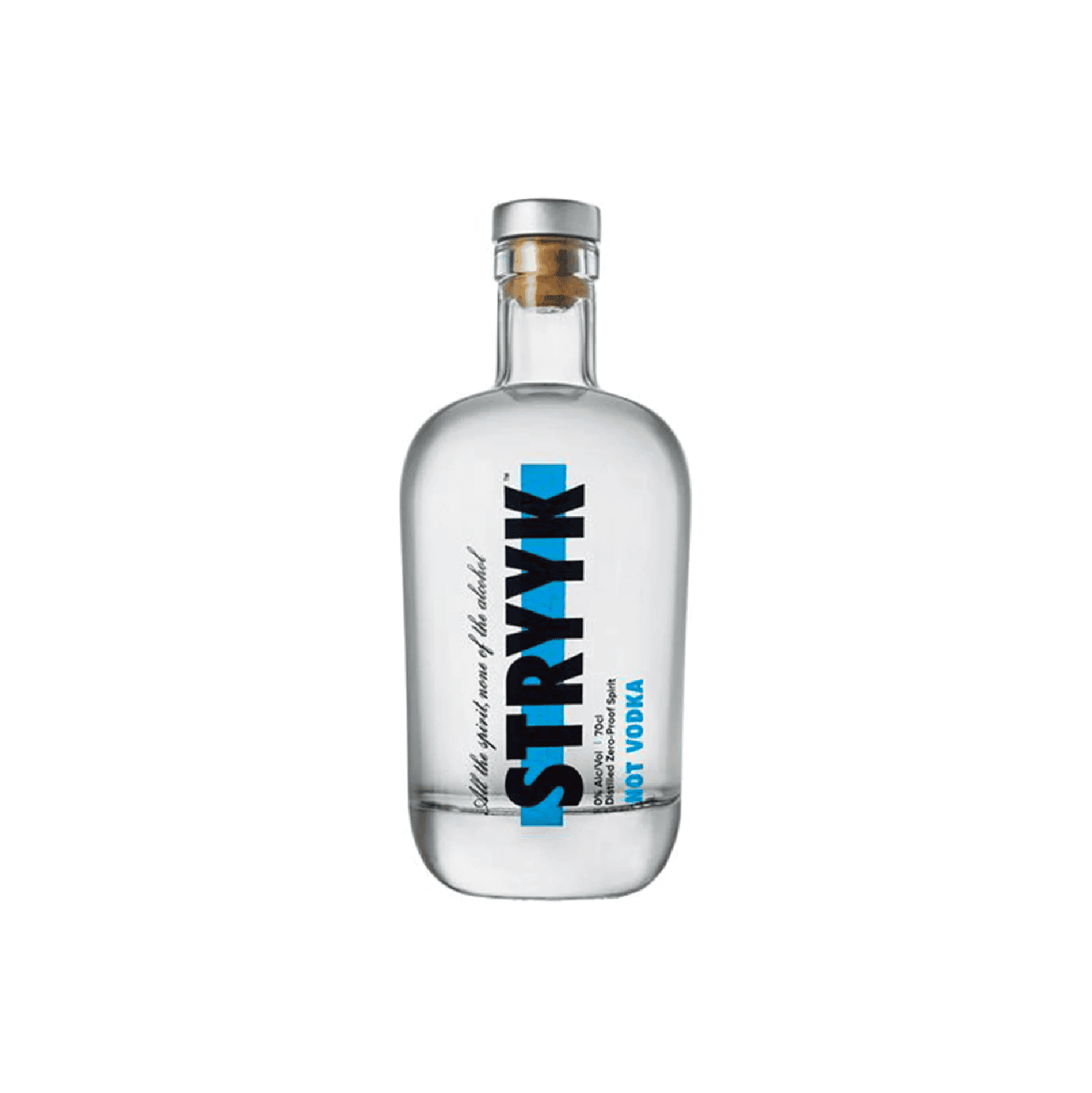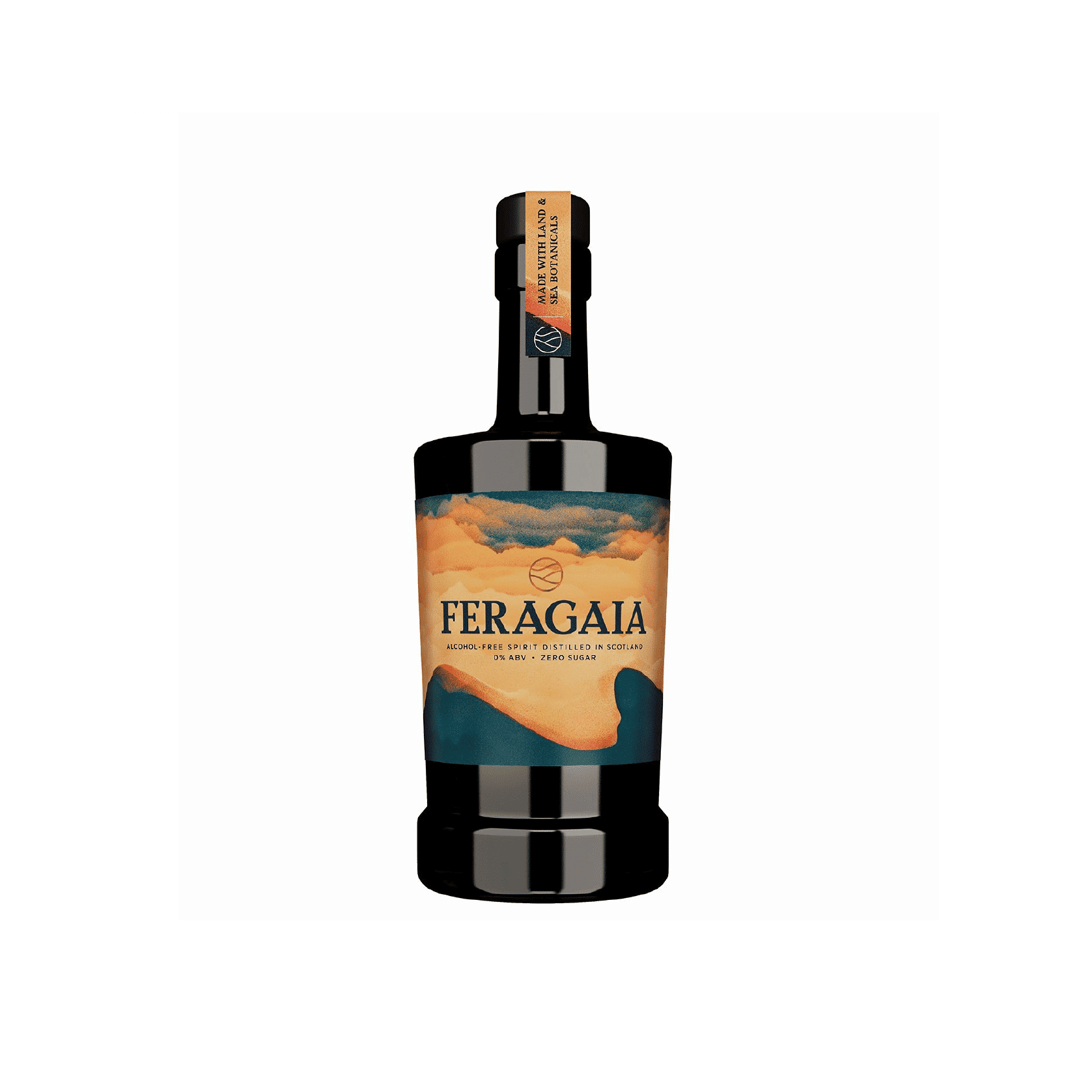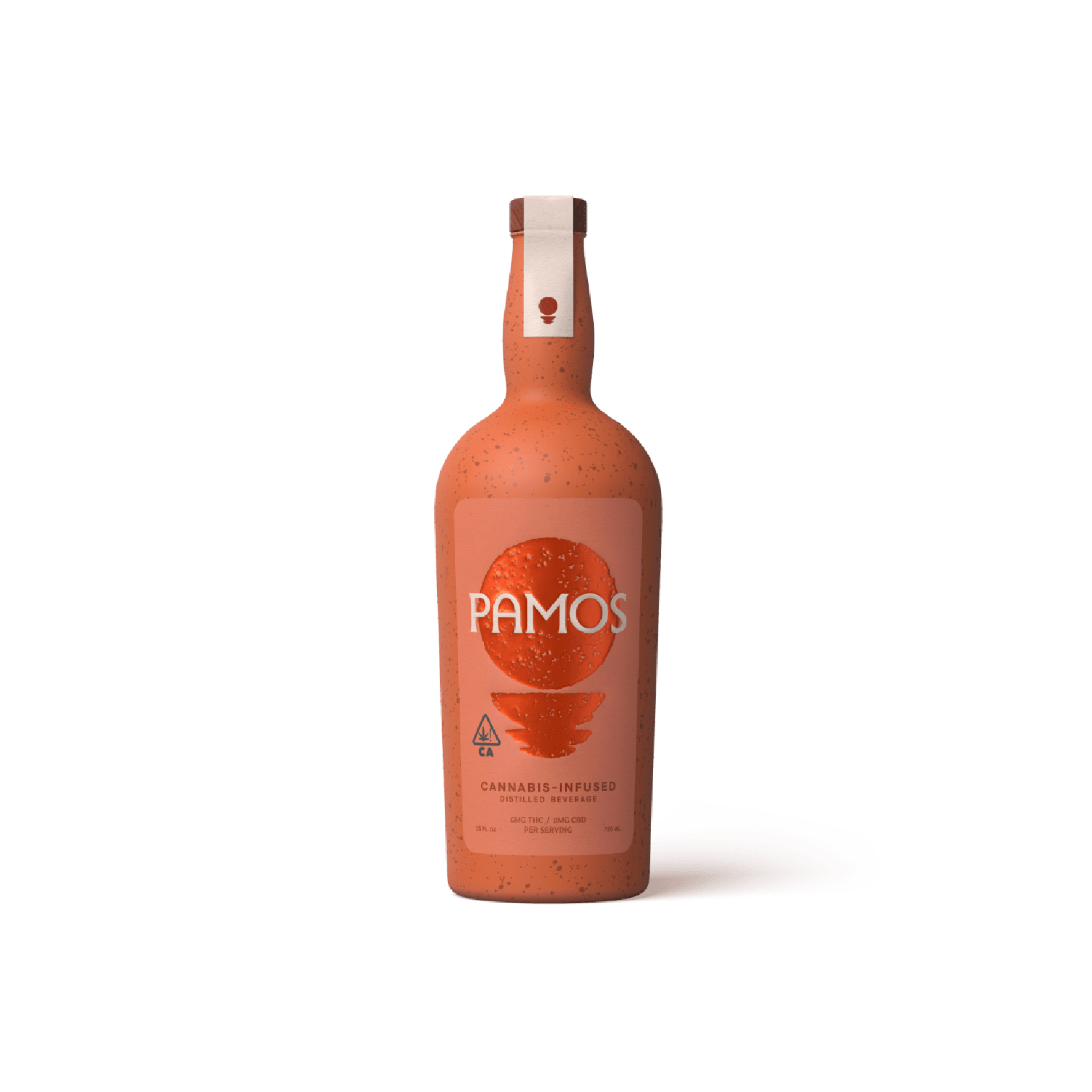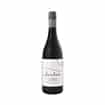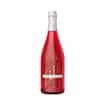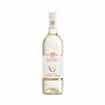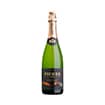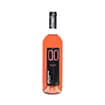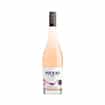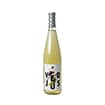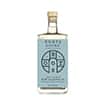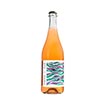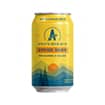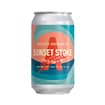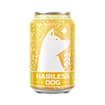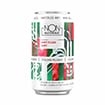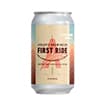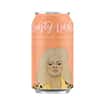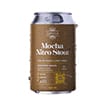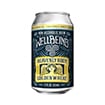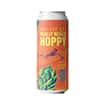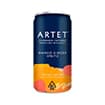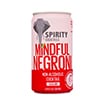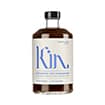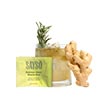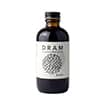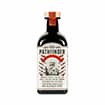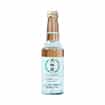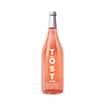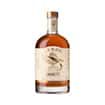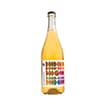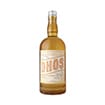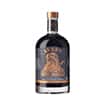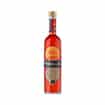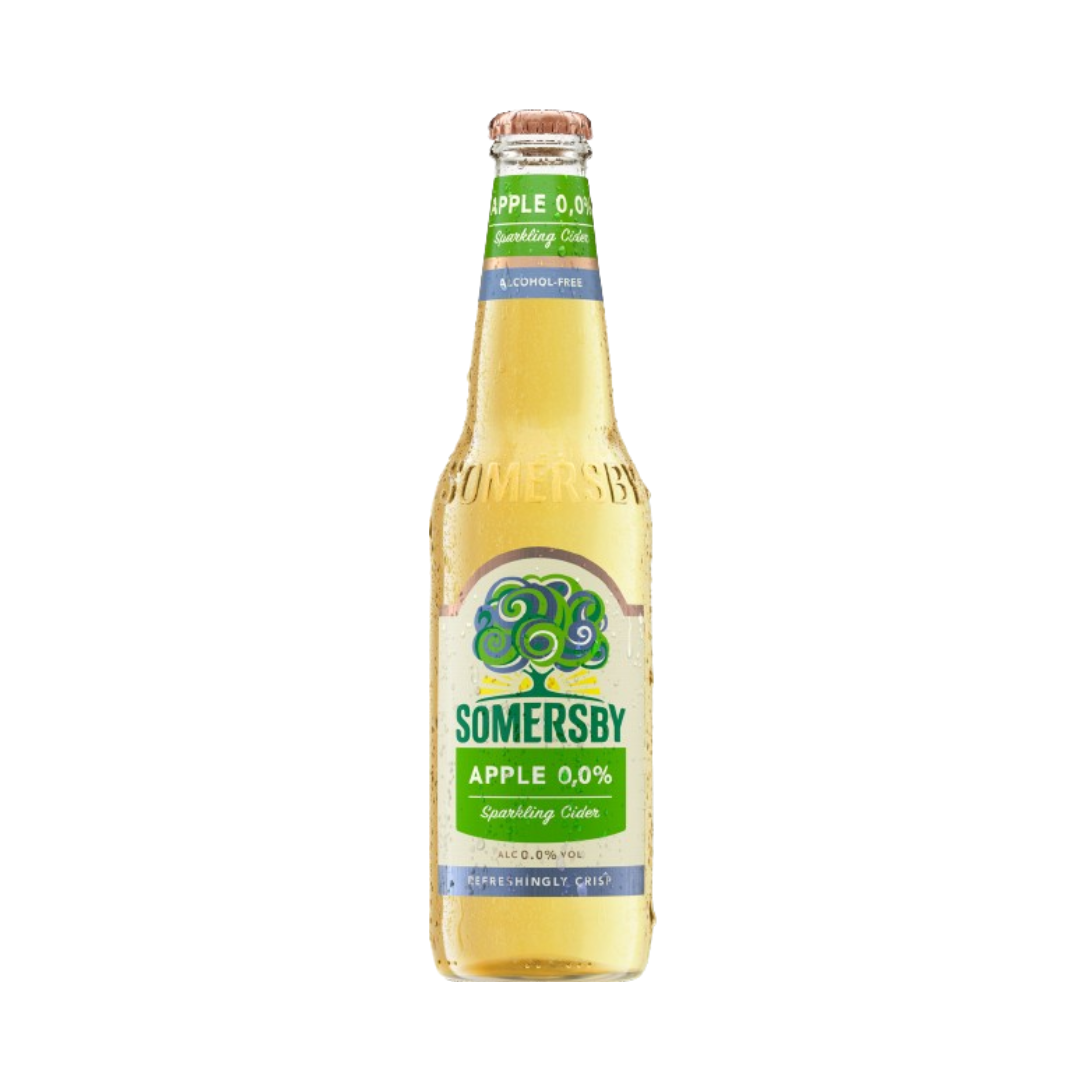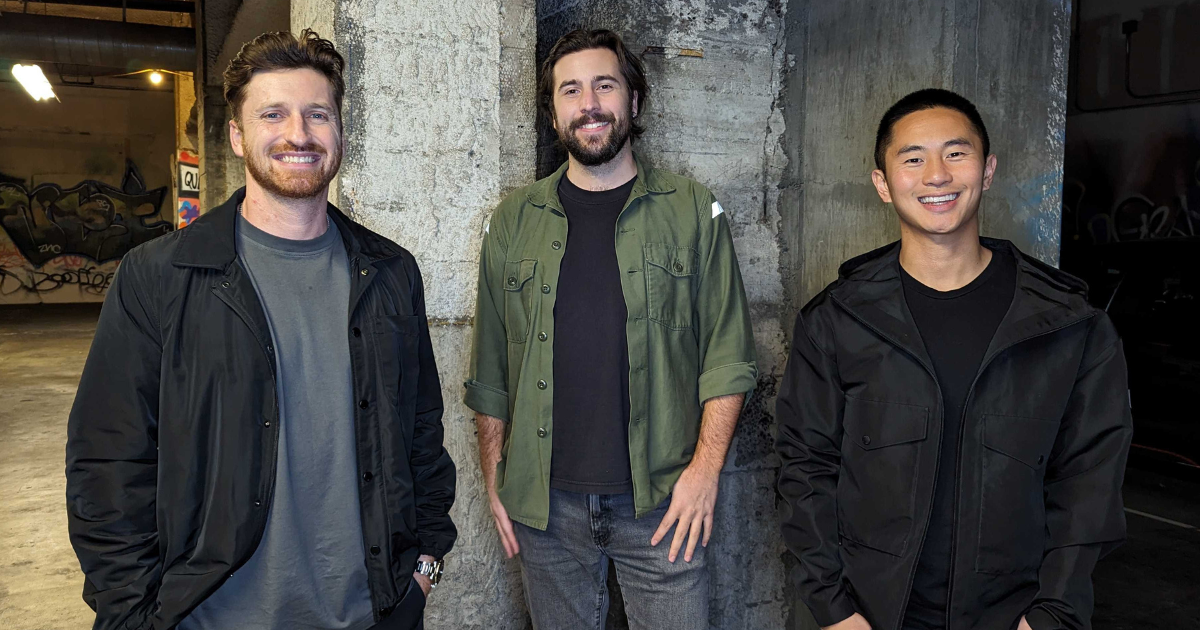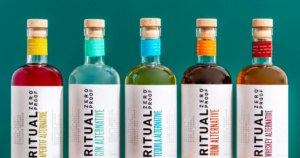In this Q&A, YATÉ founders Michael Ferrari, Galen Perry, and Eric Hoang share their journey from creating China’s first hard seltzer to crafting a non-alc brand inspired by their love for yerba mate and electronic music. The team discusses the challenges of educating consumers about yerba mate’s versatility, and their commitment to developing products that balance function and flavor. They also outline their aspirations to make YATÉ a staple in bars, nightclubs, and concerts.
What inspired the creation of YATÉ?
The three of us met while living and working abroad in Shanghai via the city’s small expat community.
Our initial venture together was Eric’s first beverage company, ZEYA—China’s first hard seltzer. Our brewery also had yerba mate, and we started drinking it instead of coffee or energy drinks to stay up to work. We loved the taste and the energy it gave us.
Another common interest of ours is that we love electronic music. We’d go to shows and night clubs where the only caffeinated option was Red Bull. Then we learned that yerba mate is already consumed in nightlife in Europe as an alternative to Red Bull, especially in electronic music venues. Notorious techno clubs in Germany and the Netherlands serve yerba mate to help party goers stay up and keep dancing. These were the two lightbulb moments that got us excited to start YATÉ.
You describe YATÉ as a “non-alcoholic social tonic,” and it has a fun and irreverent look and feel. Can you elaborate on the concept of a social tonic and how it differs from other non-alcoholic beverages?
Social consumption is ingrained in yerba mate’s cultural roots. It’s been consumed by South Americans for centuries. The ritual is to drink it out of a gourd and pass it around to your neighbor, akin to passing around a joint. YATÉ is the modern interpretation of that ritual.
Functionally, YATÉ is unique in that it’s caffeinated and provides an uplifting yet subtle boost of energy. A lot of non-alcoholic options don’t have any functional ingredients, and if they do, they tend to deliver mood boosting, cognitive, or relaxing benefits. We’ve found that even if people aren’t drinking alcohol or want to cut back on their alcohol consumption, they still want to feel something, and the energy you feel from YATÉ is quite apparent. It gives people the lift they need to go out and socialize. We feel so strongly about our positioning that we even trademarked the term “Social Energy.”
What challenges did you encounter in formulating and positioning a product that’s exciting for social drinking occasions?
Formulating wasn’t the issue for us. The issue—or, rather, obstacle—we face is education.
While people’s understanding of yerba mate is increasing, it’s still a niche category. For those who know what it is, they mostly view it as a coffee or energy drink alternative. Or they think it’s synonymous with Guayaki. Guayaki got the Kleenex treatment as the first-mover and most dominant player in this space, so we’re often having to explain to people that yerba mate is actually an ingredient and not a brand. From there, we have to educate consumers on why yerba mate is a great option for social drinking occasions or why it should exist in bars or nightclubs.
How do you balance the desire for a function-focused drink with maintaining a satisfying taste and mouthfeel?
When formulating, we prioritized taste and mouthfeel before functional benefits. While better-for-you is important, we focus on developing mixologist-crafted flavors that are delicious on their own and mix well with spirits, without compromising on taste or quality.
Once we’ve achieved a great tasting product that mixes well, we then start to tinker on the functional benefits. Our key functional benefit is our clean energy from 100% yerba mate. Other yerba mate brands often add additional caffeine sources such as green tea or even synthetic caffeine. Finally, we make sure we’re lower calorie, lower sugar, organic, vegan, and gluten-free.
As the alcohol alternatives market grows, how do you see YATÉ standing out?
We’ll stand out because we’re a high energy brand that has the unique opportunity to live in multiple categories—alcohol alternative, functional beverage, energy drink, tea, etc. Specific to alcoholic alternatives, we see ourselves being the louder, less sophisticated option of the bunch that people reach for when they want to have a big night out.
How do you envision the future of drinking, and where does YATÉ fit within that landscape?
Drinking has always been a social activity. We don’t really see that changing, except for there being more options that are non-alcoholic or better for you. People will continue to go out and socialize—they just don’t want to feel like shit the next day doing it. YATÉ is well positioned to benefit from this trend because we deliver on function and sensory, and we’ll be present in key social occasions such as bars, nightclubs, and concerts.
Finally, any upcoming products or projects that YATÉ fans can look forward to?
We’re working on a third flavor that will be reminiscent of a very popular cocktail, and we’re excited to be working on collaborations with spirit brands. Beyond that, we’re just really excited about working with our retailers to educate consumers and promote our brand. We’re also focused on developing new retailer relationships, especially those that cater to social occasions.
Dry Atlas is a media company focused on alcohol alternatives. We deliver non-alc insights, news, and recs to over five million people annually. To stay up to date on all things non-alc, subscribe to our weekly newsletter.

